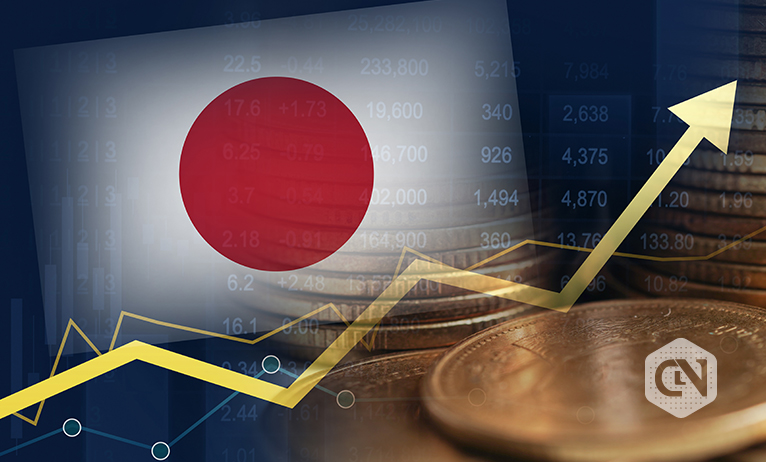Kazuo Ueda, the Bank of Japan Governor, hinted that Japan is moderately recovering from its economic condition. The policy meeting is scheduled to happen in March next week. Many speculate that a decision to end negative interest rates could be on the table. This comes in light of the demand for higher wages. Prices are high to demotivate the consumption of food and daily necessities.
However, household spending is increasing with time. Kazuo Ueda said that weakness can be seen in some data, but the economy should not have a problem with that.
Japan’s Economic Landscape
Japan’s GDP, or gross domestic product, grew by 0.4% for the fourth quarter of 2023. A smaller number has helped the country avert a technical recession. That is, the number is smaller, but the growth has been noted nonetheless. Expectations were to stretch the number as far as 1.1%. Economists have satisfied themselves with the current surge, for it comes against the backdrop of the GDP contraction in the previous report.
Japan’s economy contracted by 3.3% in the July–September quarter of 2023. The economy shrank by 0.8% during the same time window.
The economy is backed by strong capital expenditure, which stands at a 2% increase in quarter-to-quarter terms. The government had estimated a fall of 0.1%; however, the actual number is still below the consensus expectation of a 2.5% increase.
Advertisement
Causing these numbers to dance to the tune of the recession are certain domestic factors. For starters, the labor shortage is prevalent, followed by a slower recovery from the global COVID-10 pandemic. Laborers working in the current market demand higher remuneration. Plus, the population crisis in the country is not making things easier.
There is constant pressure to pull the economy together and be able to match economic highlights across the globe. This is with limited workers in hand. The data has been classified as weak. It could gain more strength as more numbers start to be reported. Japanese businesses are reviewing measures to raise wages with an understanding that prices are on the rise. That said, inflation is still above 2%, and the removal of the negative rate could be delayed until the next meeting.
Navigating Uncertainty
Private consumption is down by 0.3% on a quarter-to-quarter basis. A rise in inflation continues to negatively impact domestic demand and private consumption. The Bank of Japan is, therefore, considering the need to downgrade the assessment of consumption and factory output in a meeting that is slated to happen on March 18–19, 2024.
Downplaying Japan at any moment is a mistake. Government officials are positive regarding its prospective expansion. This is evident from the Ministry of Finance’s reported 16.4% expenditure increase. The figure represents the fourth quarter and corresponds to approximately 10.4% quarterly when adjusted for seasonal factors.
Challenges for Japanese businesses include surviving the ongoing turbulence in the market. There are two factors for them to balance: price and wage. A simple principle states that a higher wage is possible with a higher price, which would in turn require a higher expenditure. Opportunities are in coming up with a way to adapt to global dynamics and leverage new partnerships.
Looking Ahead
Advertisement
Japan is still one of the fastest-growing economies in the world. GDP grew by 0.4% in the last quarter of 2023. Factors that could contribute to the slowdown are ambiguous economic decisions and less favorable support to curb inflation. Japanese businesses can still drive economic growth, provided they agree with laborers for wages.







